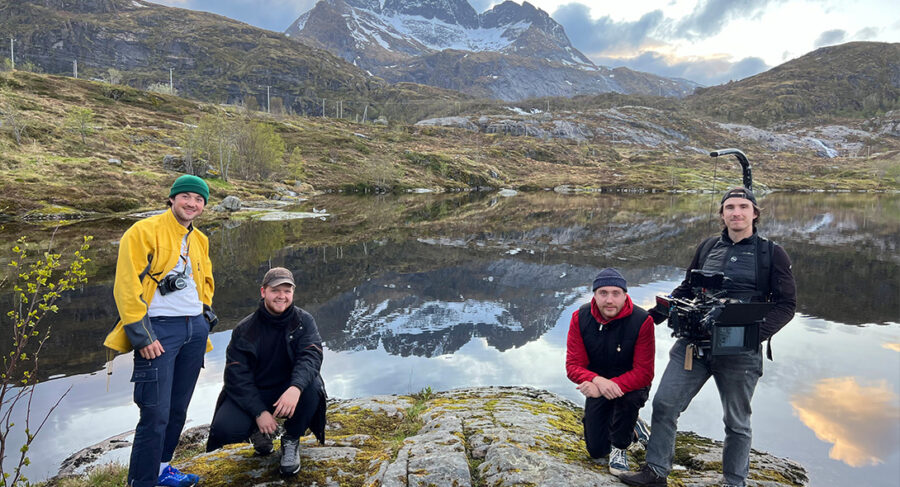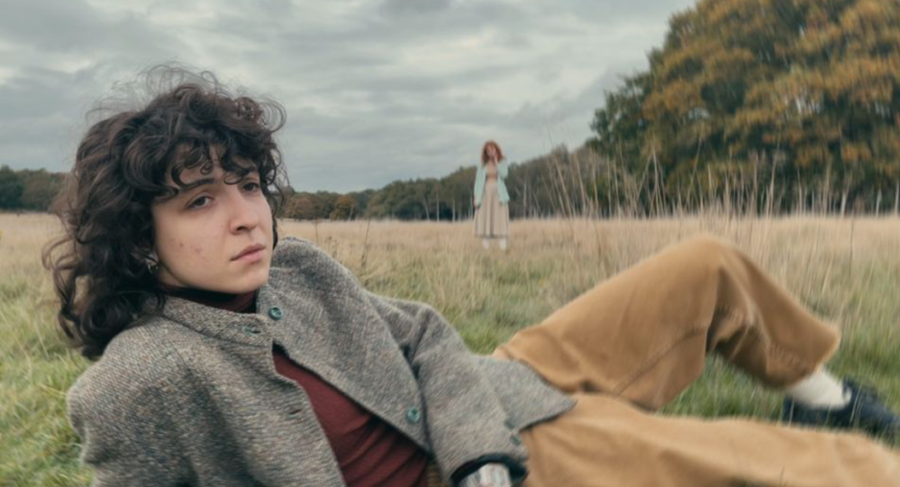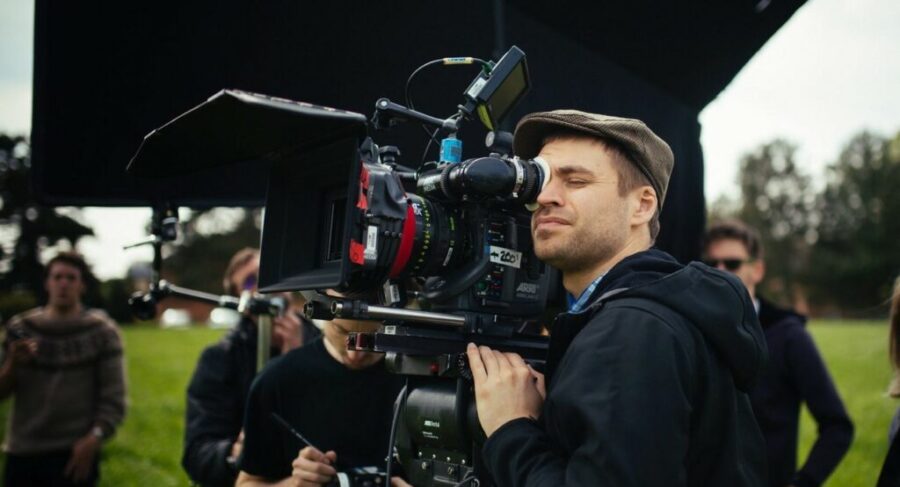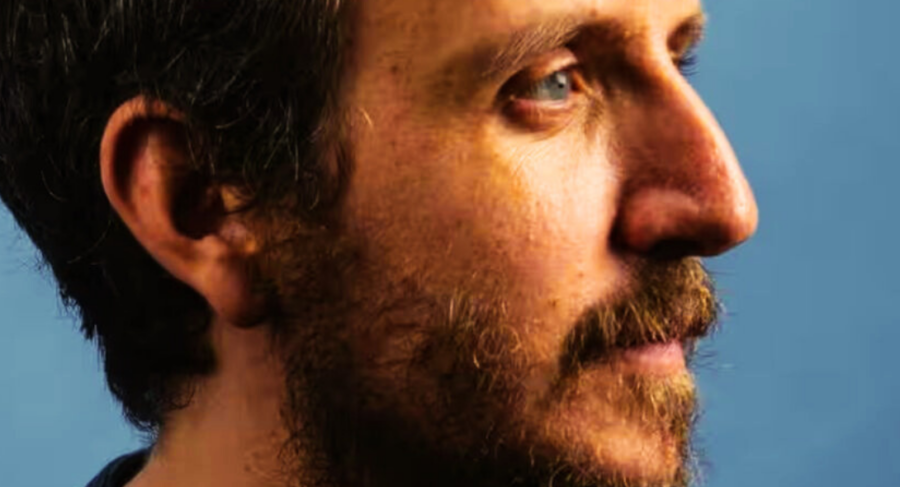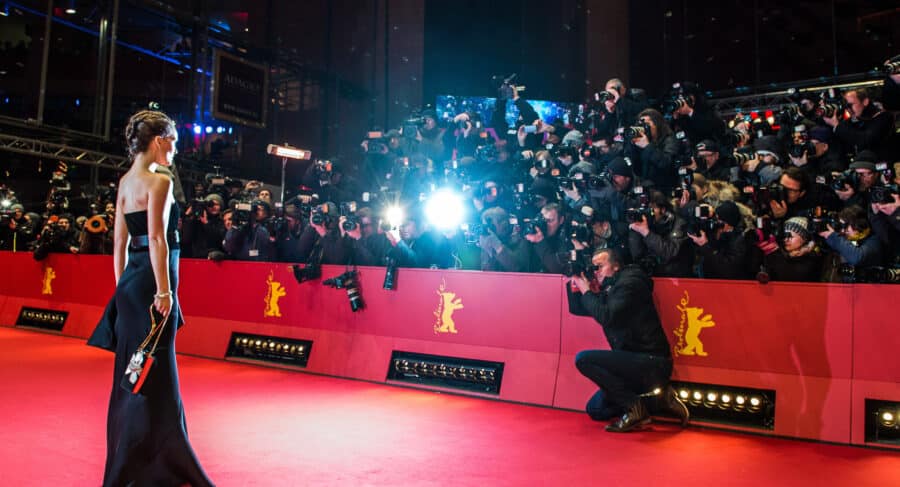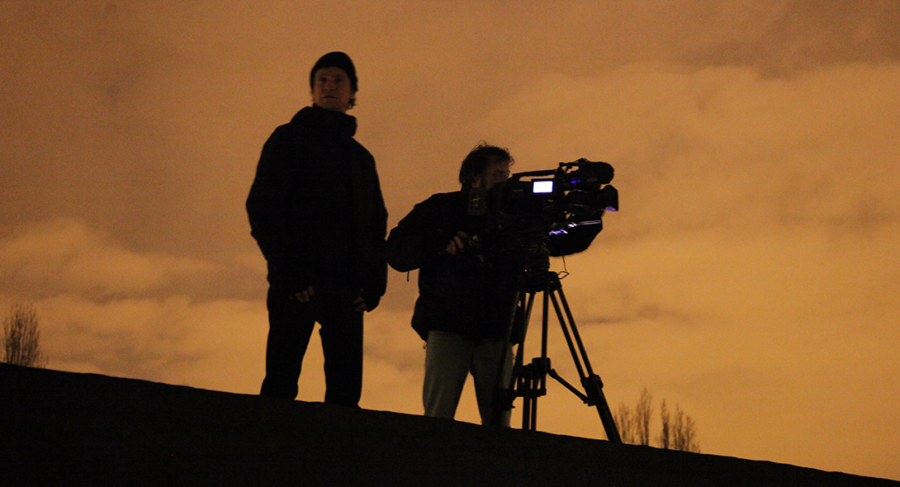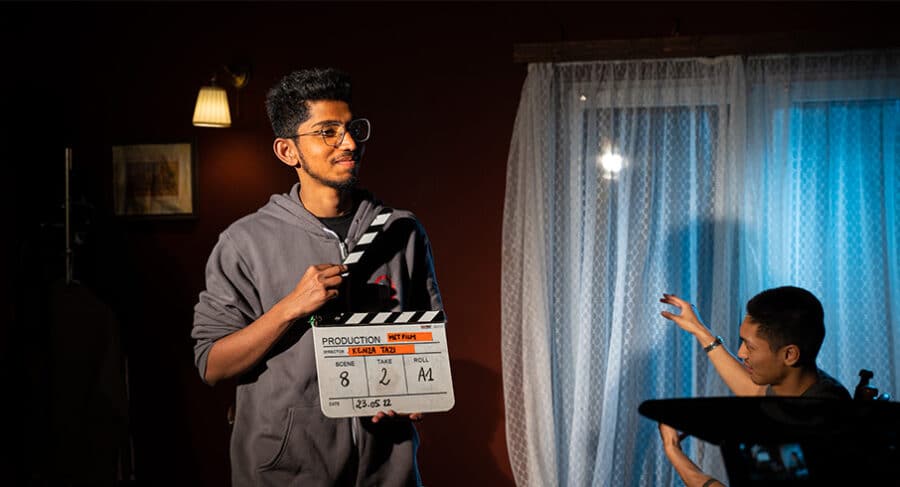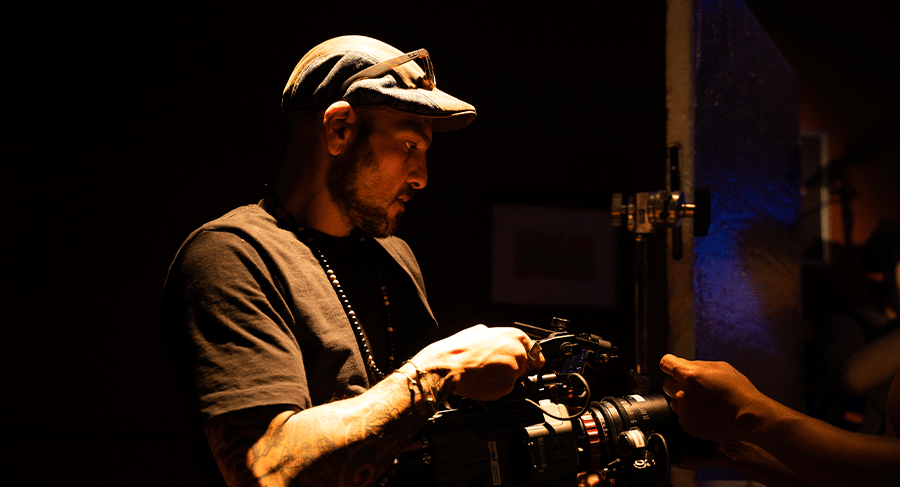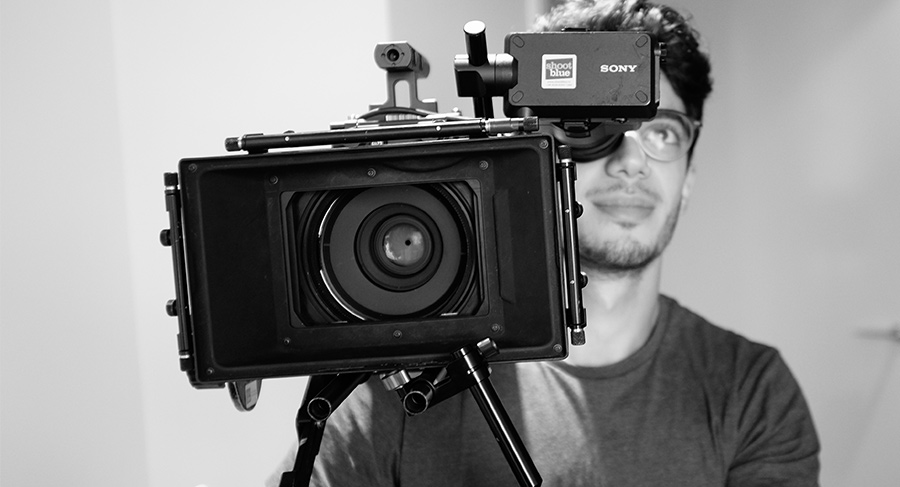
Metfilm School
MA Cinematography
Duration
1 year
Course available in
London, Leeds, Berlin
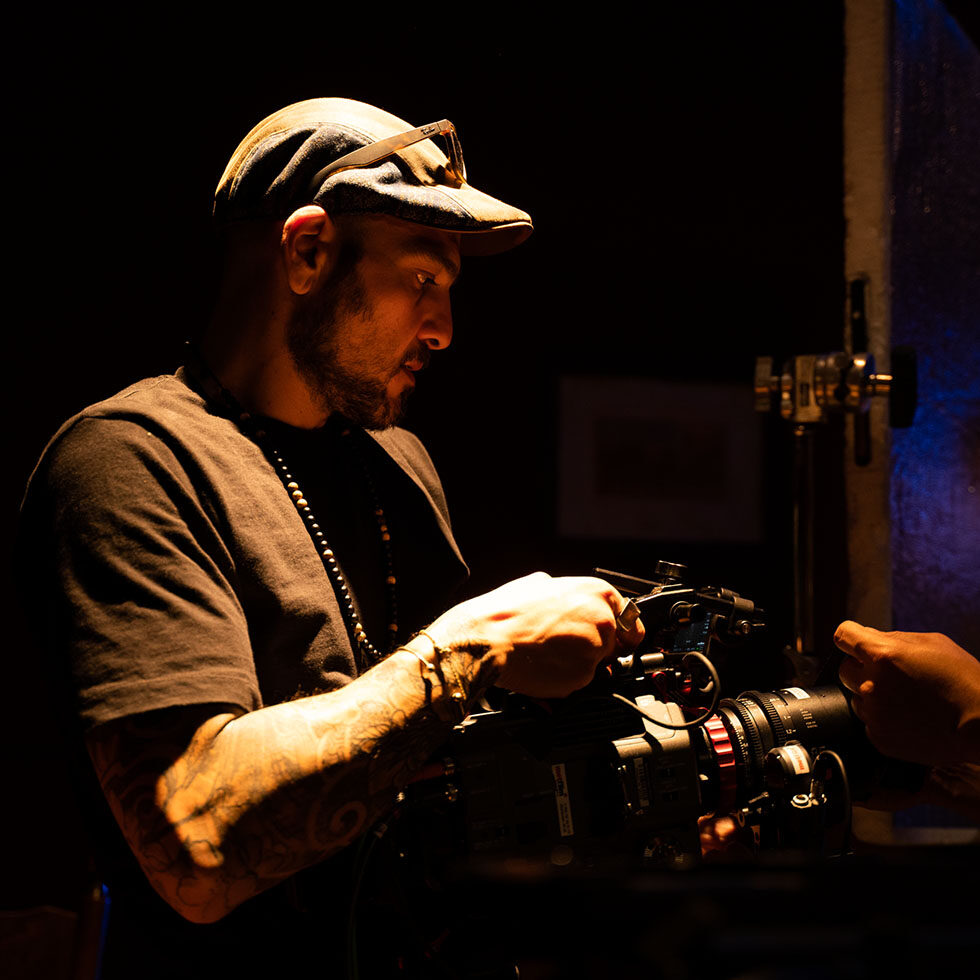

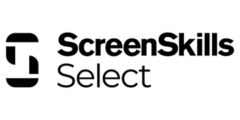
Programme Aims
Deep understanding of the roles and responsibilities relating to being a cinematographer for a range of screen platforms.
The ability to interpret and craft creative projects suitable for industry and audiences.
The skills need to deliver content that is of a professional standard and fresh in its approach.
The ability to articulate the role visual screen storytelling plays in contributing positively and progressively to an increasingly globalised and inclusive world.
Developed to high level productive ways of working with directors, producers, and crew in the realisation of compelling and meaningful content.
A detailed, structured, and ethical approach to content production including incorporation of lighting and exposed principles that acknowledge a range of skin tones and other characteristics of inclusive production.
A positive engagement with the use of non-discriminatory language and conventions in relation to role and filming processes.
Understanding of the role of research and intellectual enquiry as an integral part of academic development and professional practice.
The knowledge, skills, and understanding to enable you to develop professionally as a contemporary screen professional.
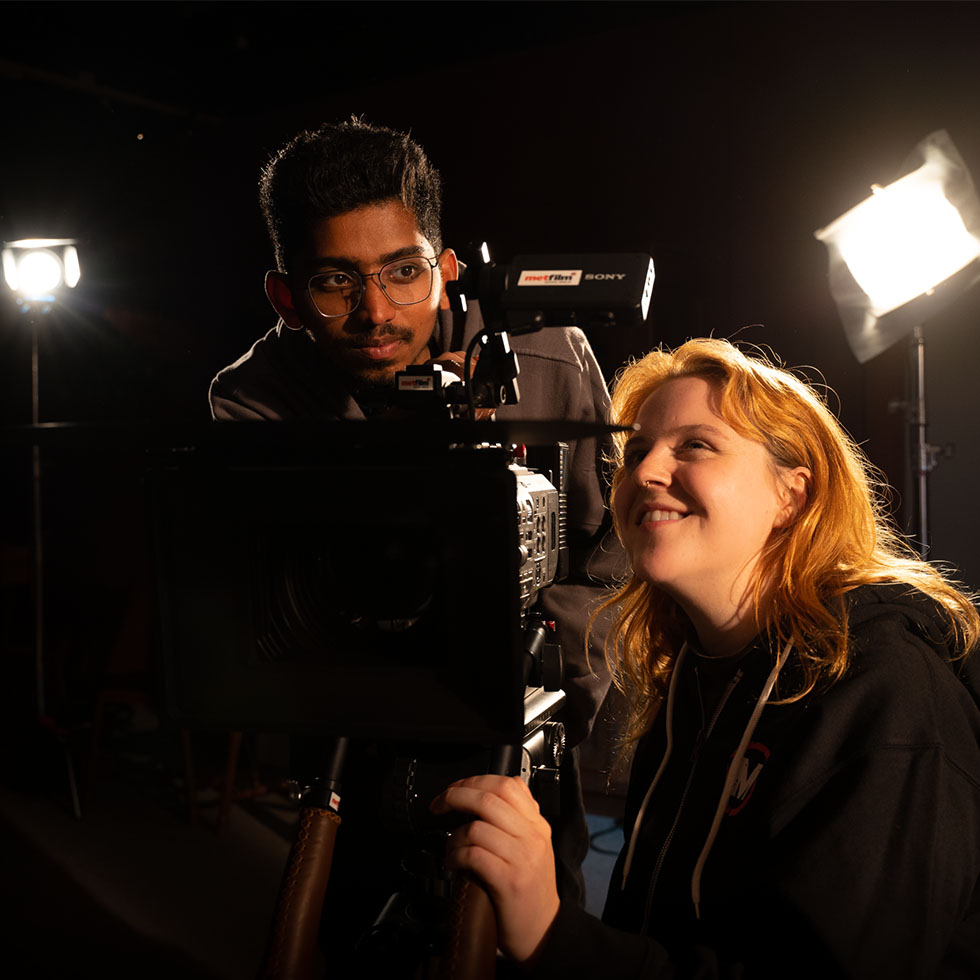

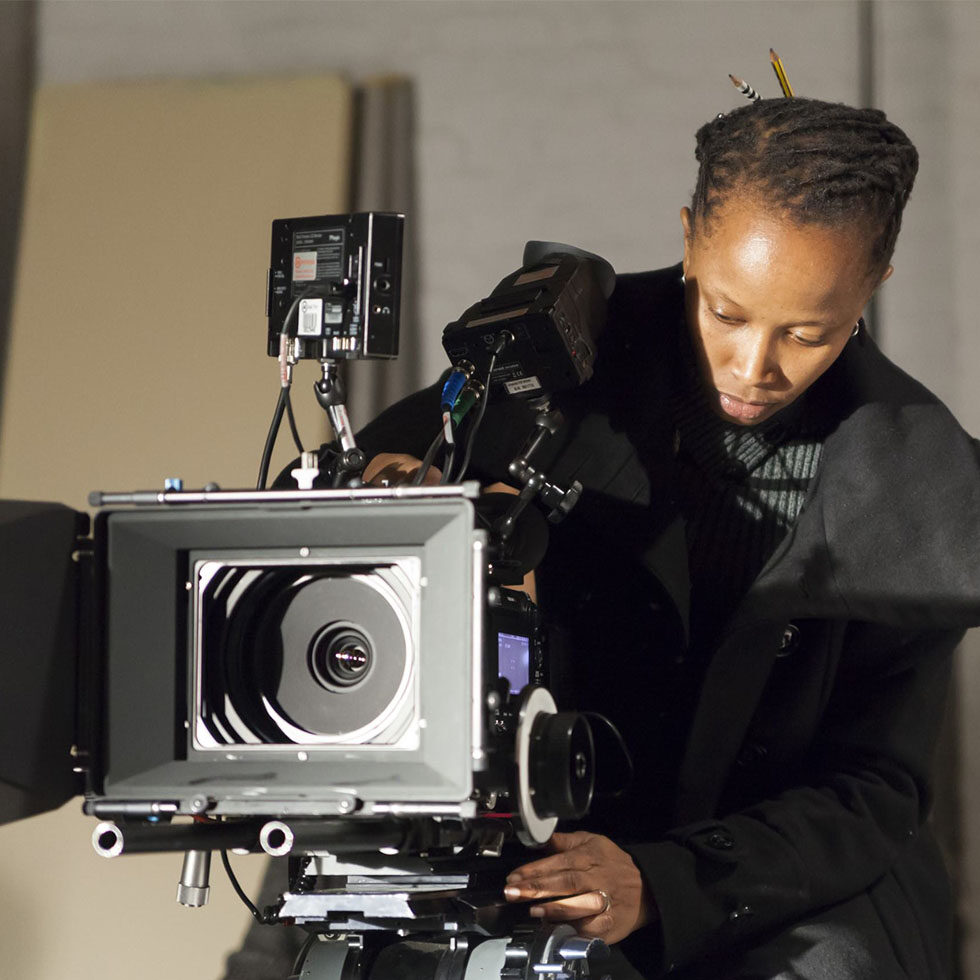


Latest
Latest


